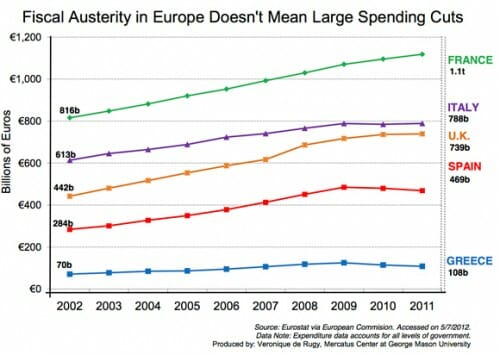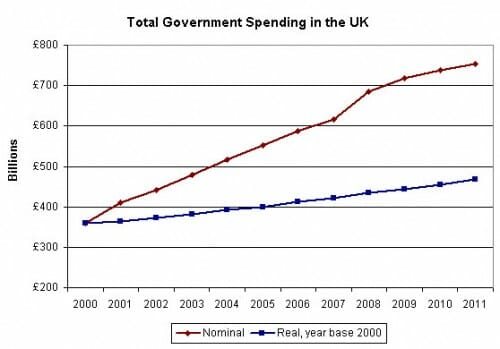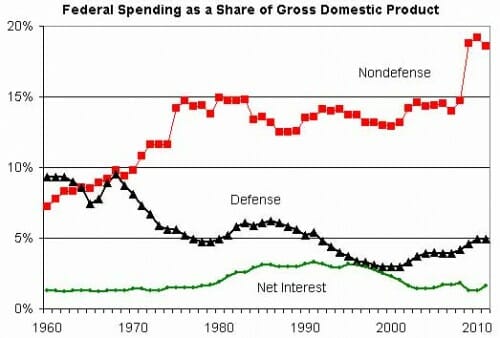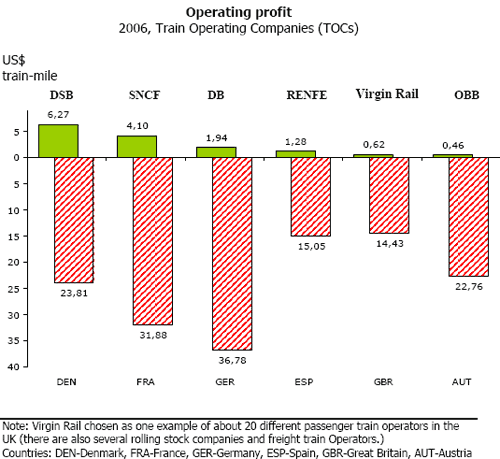No state shall ... deny to any person within its jurisdiction the
equal protection of the laws - 14th Amendment
The Arizona Republic had an article in the lead position on the business page that really got me fuming. Here is the headline:
Bioscience push paying off. But analysis says Arizona must do more
Apparently the Arizona and Phoenix governments decided several years ago it was their job to preferentially invest in getting biotech companies to move to Arizona. And this article was about a consulting study the government engaged to see how they were doing against this original plan.
Arizona's lucrative bet on the biosciences is yielding more high-wage
jobs, federal research dollars and new buildings that are expected to
birth scientific breakthroughs for decades to come.
But the state needs to accomplish a lot more to establish a thriving
research-based economy, particularly providing enough money, lab space
and support that will allow small research companies to grow and
prosper.
The study can be summarized as "The government spent lots of money. Biotech jobs increased in Arizona, though we can't establish a link between the government spending and the job growth. The government needs to spend even more money in the future." These conclusions are from Battelle, a technology consulting company whose fortunes depend almost entirely on government spending for technology projects, and, magically, they came to the conclusion that government needs to spend a lot on technology projects.
Equal Protection
I seldom hear this argument about corporate welfare, but what the hell ever happened to the equal protection clause? From the perspective of an Arizona corporation, my government is taxing me and every other business and handing our money over to businesses that call themselves "biotech." What suddenly gives these other businesses such favored status? Why is biotech somehow more desirable such that they are more equal under the law? Or, for those of you on the Left who don't think businesses have equal protection rights, what about Arizona workers? Why are workers in every other industry taxed so biotech workers can have more secure, higher paying jobs?
The Worst Investor
Government is the worst investor. I won't go into how bad they are historically at picking winners, but will make a different point this time. Consider this hypothetical:
You have some money to invest in real estate, and engage a consultant to invest your money for you. The consultant comes back and says that he chose to invest in the most sought-after single property in town, where hundreds of other people were bidding against you for the project, but eventually you outbid them all and got it.
What would be your reaction? Mine would be rage and horror. Why the hell did my consultant choose the project with the most competition, so prices were bid up into the sky? How am I ever going to get a good return from that? (Ask yourself what return the Japanese got for their high-profile real estate purchases of the eighties and nineties).
But this is exactly what Arizona has done. They picked the sector to subsidize and fight for corporate relocations - biotech - that every other state and municipality in the US has also chosen as their highest priority. They even admit this in their report:
Battelle representatives said Arizona's challenge is that bioscience is
an ultracompetitive field, and states across the nation are pursuing
initiatives to bring the good-paying jobs that the sector promises.
In business school, I would get an "F" for this. Choosing to subsidize biotech means that for every potential company relocation, Arizona and Phoenix are up against ten other cities and states also throwing subsidy and tax abatement packages out there. Stupid.
Circle Jerk
It just symbolized for me how stupid all this is when I saw that the big payoff of this state government spending was to attract ... federal government spending:
National Institutes of Health grants issued to Arizona-based
institutions jumped 30 percent from 2002 through 2005. That funding
growth outpaced the nation's top 10 research states.
No Linkage of "Investment" to "Returns"
When private firms make investments, they carefully track the returns from this investment to see if it was worth it. However, when government makes what it calls "investments", this is impossible. The study claims that biotech jobs in Arizona have risen faster than the national average, but shows no link to the government spending that had taken place. Probably because there was little relation. The fact is that just about any job sector you can name in Phoenix -- from electronics to garbage sorting -- has grown faster than the national average because Phoenix as a whole has grown faster than the national average. Taking credit for the rising tide is a classic politician behavior. Companies and individuals are moving to Phoenix because they like the climate and relatively low taxes and regulation, of which the latter are only hurt by corporate welfare programs for favored few.
Prisoner's Dilemma
I have written before how much the government subsidization of corporate relocations looks like a prisoner's dilemma game.
I hope you can see the parallel to subsidizing business relocations
(replace prisoner with "governor" and confess with "subsidize"). In a
libertarian world where politicians all just say no to subsidizing
businesses, then businesses would end up reasonably evenly distributed
across the country (due to labor markets, distribution requirements,
etc.) and taxpayers would not be paying any subsidies. However,
because politicians fear that their community will lose if they don't
play the subsidy game like everyone else (the equivalent of staying
silent while your partner is ratting you out in prison) what we end up
with is still having businesses reasonably evenly distributed across
the country, but with massive subsidies in place.
The practice of state governments spending massive amounts of tax money to move a few jobs over the state line, and then having other state governments spend even more money to move the jobs back, is a war of escalation that leaves everyone worse off except a few players with political pull or who work in a fair-haired favored industry.
It's all About the Sex Appeal
Here is the bottom line: Programs like this are for politicians.
Period. They benefit politicians by giving them things they can say in
elections, like "I brought biotech jobs to Arizona," which sounds
better than "I brought garbage-sorting jobs to Arizona." This in
effect answers the equal protection question of "why biotech?" The
answer is that biotech is currently sexy, and politicians in their focus
groups have found that tbiotech resonates the best among voters. All of
which makes for a really crappy approach to "investing."



 Postscript: I have always been amazed that greens get all misty-eyed at European rail. Sure, its cool to ride a fast train, but the cost of having an extensive passenger rail system is that most of Europe's freight pounds along highways, rather than via rail. In the US, the mix is opposite, with few passengers on trains but much more of our freight moving by rail. I would have thought that preferentially moving freight over rail rather than passengers was a much greener approach.
Postscript: I have always been amazed that greens get all misty-eyed at European rail. Sure, its cool to ride a fast train, but the cost of having an extensive passenger rail system is that most of Europe's freight pounds along highways, rather than via rail. In the US, the mix is opposite, with few passengers on trains but much more of our freight moving by rail. I would have thought that preferentially moving freight over rail rather than passengers was a much greener approach.